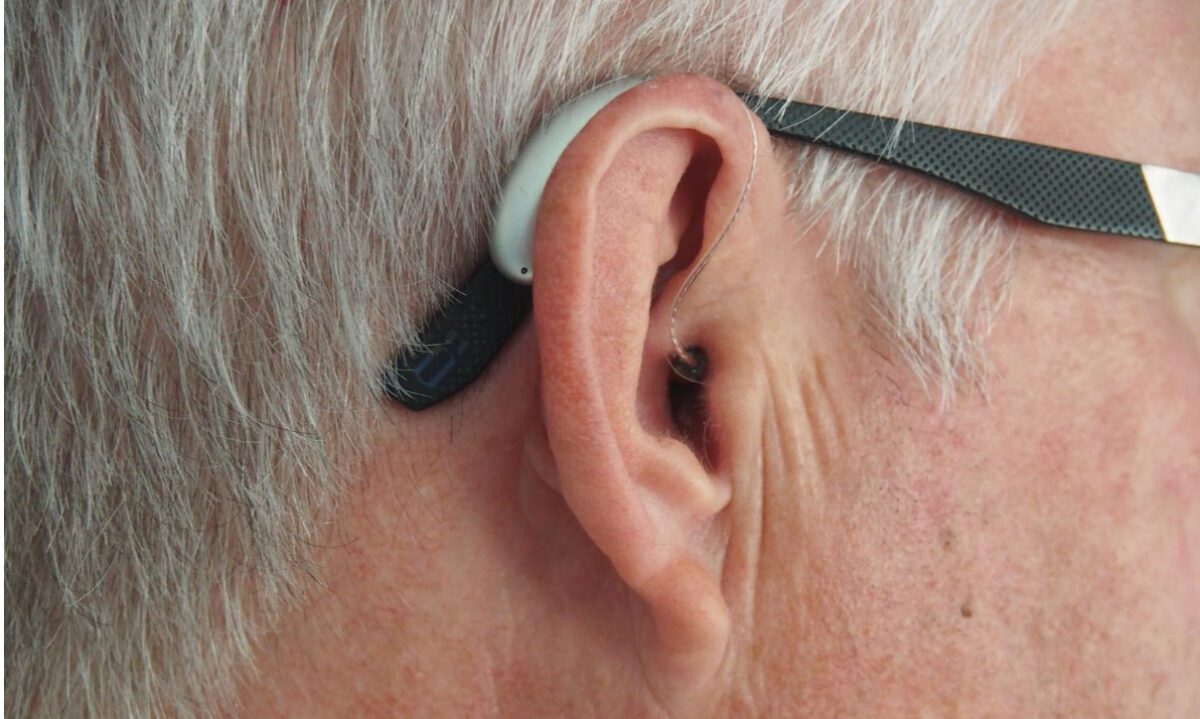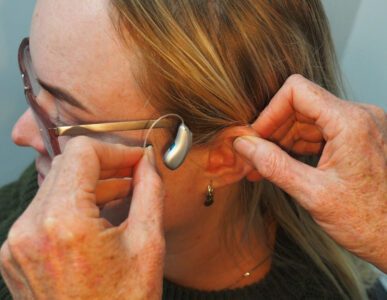While none of us go to work expecting to be injured—the fact is that just as many of those employees who were exposed to hazardous substances like asbestos at work are now dealing with dreadful health consequences, other employees who were exposed to dangerously high levels of noise at their workplace may find that they now experience noise-induced hearing loss.
Believe it or not, occupational hearing loss is the most common work-related injury in the U.S., with more than 22 million U.S. workers being exposed to hazardous noise levels at work each year, with an estimated $242 million spent on worker’s compensation for hearing loss disability.
The worst thing about dangerous noise exposure is that it can lead to hearing loss and tinnitus, two harmful, permanent conditions with no known cure that will make you wear hearing aids and other sophisticated devices to amplify the sounds around you and make you forget about your hearing disability.
To avoid this scenario, the government installed regulations requiring hearing protection whenever hazardous occupational noise is present. When hearing protection is used correctly, it does a fantastic job of keeping workers safe.
However, when companies don’t do their best to protect their workers’ health, and when an individual worker gets diagnosed with an occupational hearing loss, they may claim and win compensation from the company that failed to protect their hearing ability.
So, if you work in a loud environment and want to know more on this important matter, here’s all you need to know regarding hearing loss in the workplace and what you can do to get compensated for your loss.
How Loud Is Too Loud?
When the workplace noise levels reach 80 decibels, by law, your employer is required to advise you on the risk to your hearing, the steps you should take to protect your ears, and provide you with the necessary equipment like ear protectors for you to wear. In addition, your employer should be making every effort possible to reduce the noise in the workplace. At 85 decibels or more, they should not only offer you sufficient ear protection, but they need to make sure that you wear it while on your job.
Usually, when thinking about loud workplace environments, you might think of industrial facilities, road mending, textile mills, or other machinery operations. Nevertheless, it’s worth considering that you may also experience occupational hearing loss from working in nightclubs, bars, or concert venues, as the noise level in these places is frequently above 95 decibels.

How Would You Know If Your Hearing Is Damaged?
The biggest problem with occupational hearing loss is that you may not know that your hearing has been damaged for quite some time after exposure to workplace noise. For instance, you may attribute your hearing loss to old age or just think that it’s just “one of those things” that come as life goes by.
However, if you have ever been exposed to loud noise during your working days, this may be the primary cause of your hearing problems. In addition, if your employer didn’t take the needed steps to protect your hearing, like reducing the noise levels or limiting your exposure, you may have the case for a claim for personal injury against them.
What Are The Most Obvious Signs Of Occupational Hearing Loss?
One of the standard indicators that you might have occupational hearing loss is if other people from your surroundings start to tell you that you talk too loudly or if your family tells you that you frequently turn the TV up too high. In addition, you may struggle to hear common everyday noises like the telephone ringing or have difficulty hearing other people, particularly in situations where there’s a lot of background noise. If you have any of these symptoms, it’s in your best interest to schedule a visit with your local audiologist.
What Can You Do About It?
Well, prevention is forever better than seeking legal action for compensation. So if you happen to work in a loud environment and you’re worried about your hearing, make sure that you talk to your employer.
And even if you don’t have a decibel counter in your pockets, you can use the “two meters” rule to assess whether your work environment is too loud. If it’s too loud to easily communicate with a colleague who’s two meters away from you, your hearing may well be at risk. To address this issue, you should put your sincere concerns in writing and retain a copy of what you’ve said to your employer to have proof that you already tried to notify them that your working environment is too loud.
However, if you have become aware that your hearing is not as good as it once was, you must not delay seeking medical and legal advice about the possibility of filing a claim. For example, if you reside and used to work in Long Beach, you should consult with some of the best personal injury attorneys in Long Beach to acknowledge if it’s reasonable that your hearing loss was related to exposure to noise at work and file a claim to get compensated for your loss.
Although compensation will not make up for your hearing loss, if nothing else, it can pay for the best hearing aids available for the rest of your life. Moreover, if you have the right attorney by your side, you may also claim to receive compensation related to the impact of your hearing loss on your life and your ability to work.
Final Words
Many working Americans are exposed to excessive noise in their workplace, making regular hearing tests and check-ups really important. So, if you ever suspect that your hearing ability has decreased, talk to your doctor, get yourself checked, and talk to an attorney from your area to help you file for a claim.
